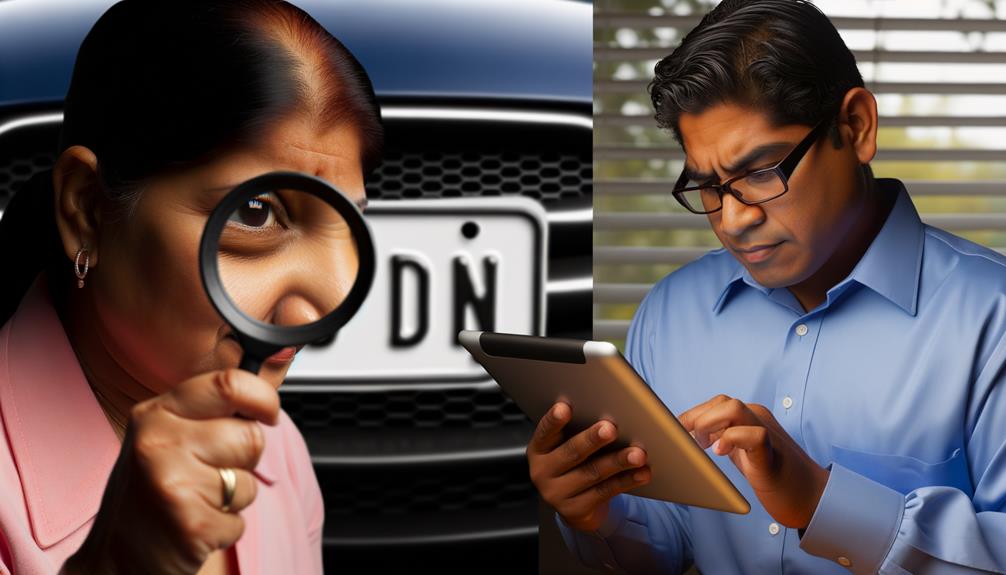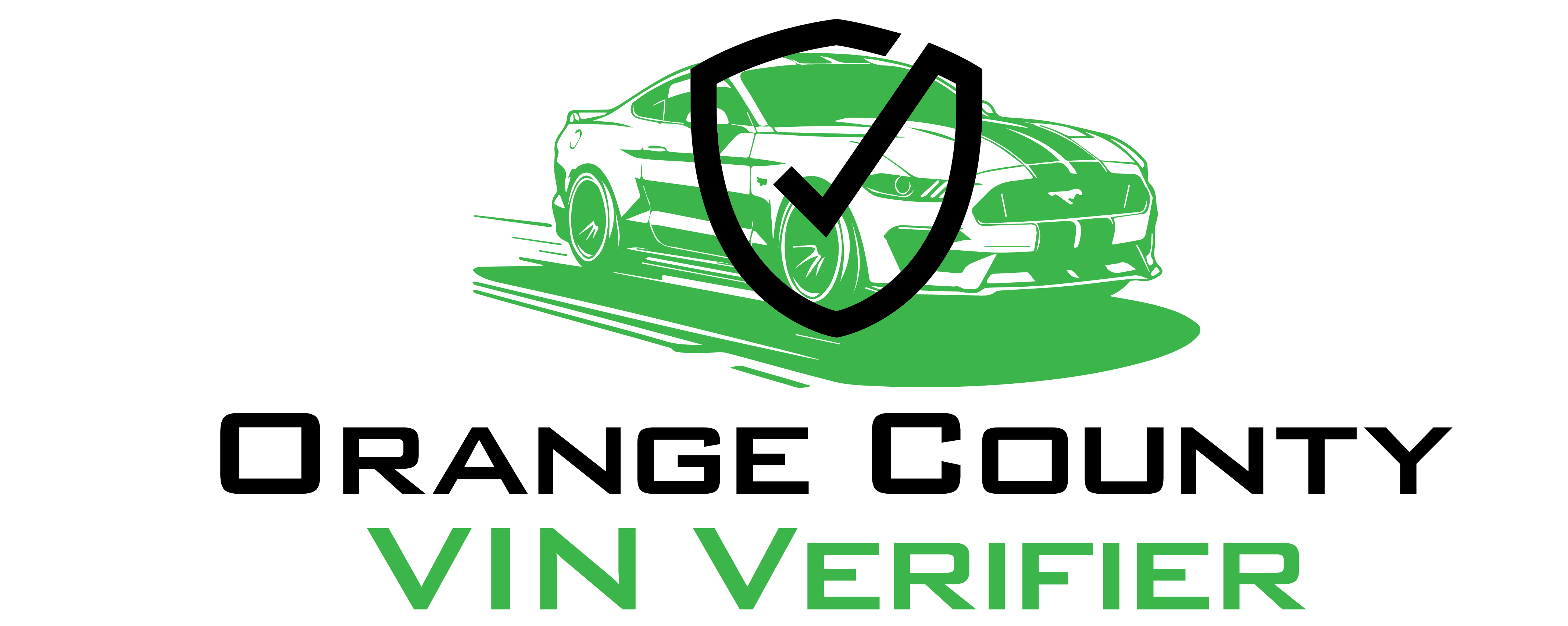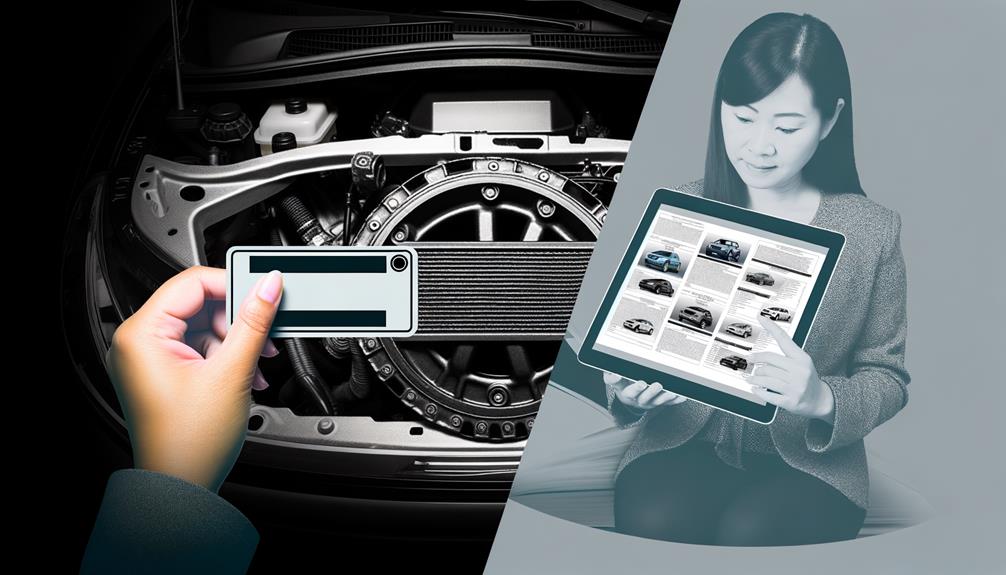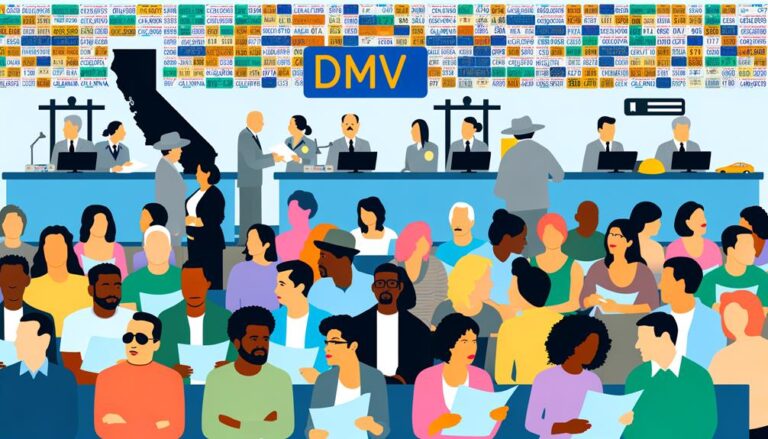In Orange County, you'll find that VIN verification and vehicle history reports serve two distinct purposes in vehicle transactions. VIN verification, a physical inspection you can complete at a DMV office or through a licensed verifier, confirms the identity of your vehicle by checking the year, make, model, and VIN placement, ensuring the vehicle's legality. On the other hand, a vehicle history report provides a detailed past of the vehicle, including ownership, accidents, and maintenance, crucial for evaluating the car's condition and history. Together, they form a comprehensive understanding of the vehicle's background and compliance, setting the foundation for a secure purchase. Knowing these differences can vastly improve your car buying experience.
Overview of VIN Verification

VIN verification is a crucial step in ensuring the authenticity of a vehicle's identity. It involves a physical inspection to confirm key details such as the year, make, model, and the location of the VIN number on the vehicle.
Unlike simple paperwork, this process requires that you, or a verified representative, present the vehicle for inspection to ensure all details align with those on record in the California DMV database. This inspection is essential in preventing fraud and theft associated with vehicle registration.
You'll need to complete form REG31, a specific document designed by the DMV for this purpose. Although supporting documents like the title or bill of sale aren't mandatory for the inspection itself, they can be helpful in clarifying any discrepancies that might appear between your vehicle's current state and the DMV records.
This is especially true if you're dealing with out-of-state registrations or if there have been previous issues with the vehicle's documentation.
The inspection can be conducted either at a DMV office for a typical fee of $25, or through a licensed verifier who offers mobile services, generally costing around $50.
Understanding Vehicle History Reports
When you're considering the purchase of a used vehicle, a Vehicle History Report can be your best ally. This comprehensive document offers a deep dive into the vehicle's past, helping you make a well-informed decision.
Unlike a basic VIN check, which provides minimal information, a detailed history report gathers data from multiple reliable sources. This ensures you're not stepping into a deal blindly. Additionally, for those vehicles imported from other states, ensuring emissions compliance with California standards is crucial, as non-compliance can lead to registration denial, a factor that could significantly influence your purchasing decision.
Here's what you typically find in a Vehicle History Report:
- Ownership History: Tracks previous owners and how the vehicle was used, whether personal, rental, or fleet.
- Accident Reports: Details about any accidents the vehicle has been involved in, crucial for assessing potential future issues.
- Title Status: Information on the title's legitimacy and any problems like liens or salvage titles.
- Service Records: Indicates how well the vehicle was maintained, which can affect its longevity and performance.
It's important to remember that while these reports are incredibly useful, they're not foolproof.
Sometimes, due to inconsistencies in data reporting or outdated information, errors can appear. Always ensure the VIN verification is done accurately, and consider these reports as one part of your broader decision-making process.
Key Differences Explained

Understanding the distinctions between VIN verification and a Vehicle History Report is crucial as you navigate the process of buying a used car. VIN verification is a hands-on inspection performed by certified VIN verifiers, aimed at confirming the authenticity of the vehicle's identification details.
It's about ensuring that the car's make, model, year, and VIN location match official records. This is key when you're dealing with out-of-state registrations or correcting DMV record discrepancies. If you need a VIN verification, you might even opt for a mobile VIN verifier who can come to your location, making the process convenient and straightforward.
On the other hand, a vehicle history report dives deep into the car's past, offering a comprehensive overview that includes previous ownership, accident history, and much more. This report, often accessible for a fee from various online platforms, aggregates data from numerous sources to provide a detailed account of the vehicle's history.
While VIN verification checks such as odometer readings and federal safety labels ensure compliance with regulations, vehicle history reports empower you with the knowledge needed for an informed purchase decision, keeping you free from future surprises.
Importance in Vehicle Transactions
As you consider purchasing a used car, recognizing the role of VIN verification and vehicle history reports in the transaction process is imperative. Both elements are crucial for ensuring a safe and transparent deal, aligning with your desire for freedom in making informed choices.
Here's why they matter:
- Accurate Registration: VIN verification confirms the car's identity matches DMV records, preventing legal hassles with titles and registration.
- Transparency in Vehicle History: A vehicle history report uncovers any past incidents, from minor fender benders to significant accidents, giving you a clearer picture of what you're buying.
- Fraud Prevention: Accurate VIN verification helps protect you from buying a vehicle with a fraudulent title or altered odometer, securing your investment.
- Informed Decisions: Armed with comprehensive background knowledge from the vehicle history report, you can negotiate better and make decisions that align with your values and safety concerns.
Understanding the importance of VIN verification and vehicle history reports in vehicle transactions equips you to navigate the complexities of buying a used car.
It's not just about getting the best deal, but also about securing your freedom to choose a reliable, safe vehicle that meets your needs.
Choosing the Right Service

Selecting the right service for VIN verification or obtaining a vehicle history report is critical to your car buying journey.
When it comes to VIN verification, it's essential if you're registering a foreign or out-of-state vehicle, or resolving any discrepancies with DMV records. This physical inspection, which confirms the details on your vehicle's identification, can be carried out for free at the DMV or by licensed verifiers, sometimes involving a mobile service fee up to $50.
On the other hand, a vehicle history report is indispensable if you're looking to uncover any past issues of a vehicle. This report can reveal a comprehensive history, including previous ownership, accidents, and service records.
Remember, while you can access these reports online for a fee, the accuracy depends on available data and might've reporting inconsistencies.
Ensure the service you choose can handle specific needs, such as verifying a vehicle with a missing federal certification label or consulting with a CHP officer for inspections.
It's not just about cost but ensuring the service matches your need for thorough, reliable information, empowering you to make informed decisions with a sense of freedom and confidence.
Frequently Asked Questions
What Is a VIN Verification?
VIN verification ensures the accuracy of your vehicle's details, crucial for ownership legitimacy and fraud prevention. This process verifies the VIN's importance, confirming your car's identity through a detailed, authoritative inspection.
What Is VIN Verification in Florida?
In Florida, VIN verification ensures your car's identity matches official records. This inspection process highlights the VIN's importance, prevents common issues, and offers benefits by confirming vehicle legitimacy. Always check eligibility for mobile services.
What Is a California VIN Verification?
In California, the VIN verification process checks your vehicle's identification details. It's crucial for ensuring DMV records accuracy, addressing common VIN issues, and meeting specific verification requirements for out-of-state or altered vehicles.
What Is a VIN History Report?
A VIN history report provides comprehensive details about a vehicle's past, sourcing data from insurers, DMVs, and repair shops to ensure accuracy. You'll benefit from understanding its full history, crucial for making informed decisions.







